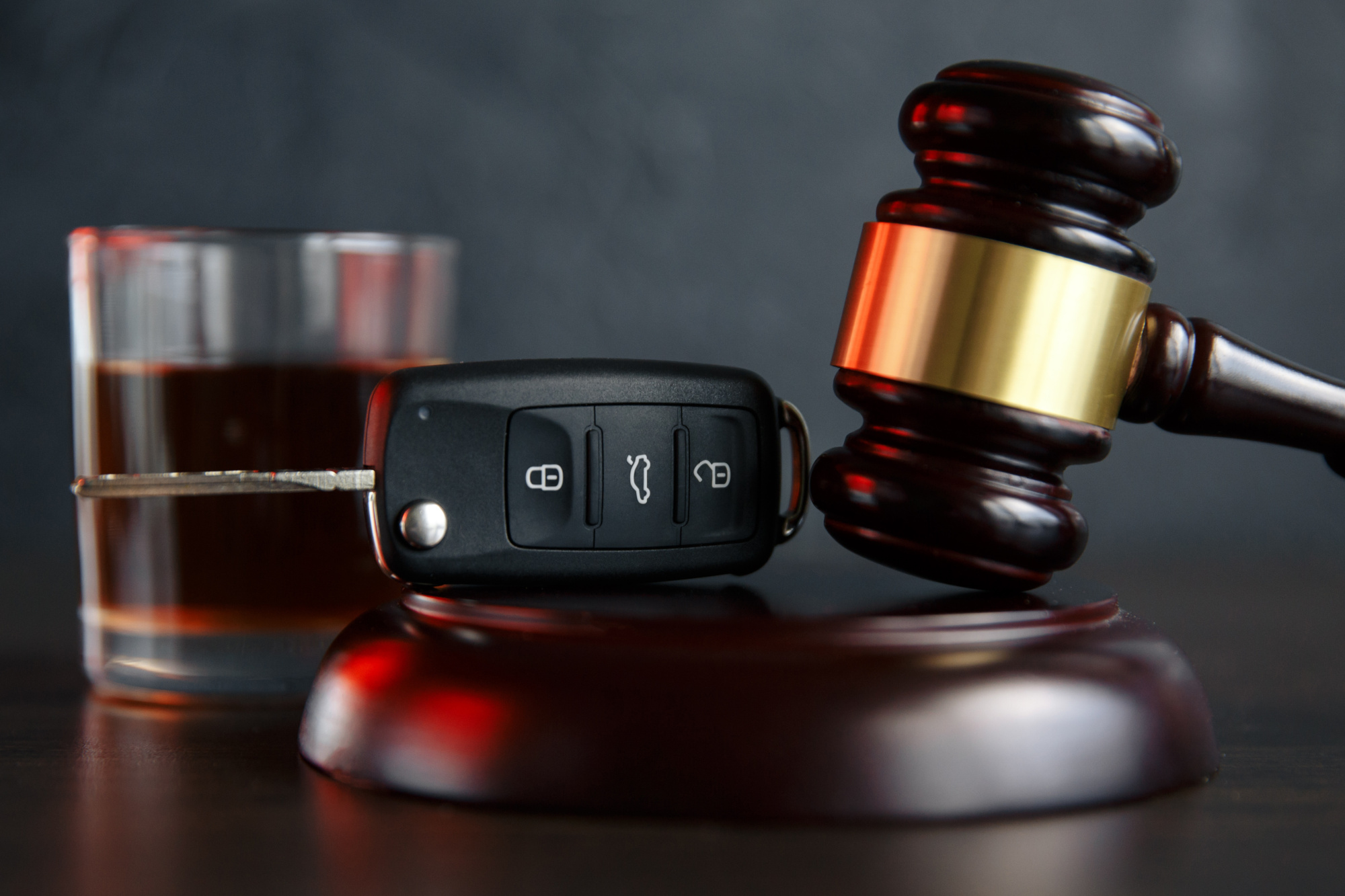If you’re wondering what county leads DWI cases in Texas, you’re not alone. It’s a question that stirs up more than just statistics—it unpacks deeper truths about law enforcement strategies, public safety trends, and how counties tackle one of the state’s most persistent legal issues: driving while intoxicated. The answer isn’t just trivia. It’s a powerful lens into how justice is administered differently across the Lone Star State.
In this detailed guide, we’ll not only identify what county leadsDWI convictions in Texas, but also explore why that matters—for you, for drivers, and for the future of DWI enforcement in Texas. We’ll also dive into real-world examples, arrest trends, courtroom outcomes, and the cultural and policy differences that make one Texas county the center of DWI enforcement.

The Hard Truth: What County Leads DWI Cases in Texas?
Let’s cut straight to it. Over the past several years, Harris County—home to Houston—has consistently led Texas in DWI arrests, prosecutions, and convictions. When analyzing what county leads DWI in Texas, all signs point to Harris County, not only because it has the highest population but also because it runs one of the most aggressive DWI enforcement programs in the state.
In some years, Harris County has reported well over 6,000 DWI cases, dwarfing numbers from other urban counties like Dallas, Bexar (San Antonio), or Travis (Austin). But Harris County’s numbers aren’t just due to size—they reflect policy, priorities, and how seriously DWI offenses are treated at every level of the system.
Why Does Harris County Lead in DWI Cases?
It’s easy to chalk it up to population size. After all, Houston is the fourth-largest city in the U.S., and Harris County boasts a population of over four million. But when we analyze what county leads DWI in Texas, raw numbers don’t tell the whole story.
Aggressive Law Enforcement Tactics
Harris County has specialized DWI task forces that operate year-round—not just during holidays or enforcement blitzes. These officers are trained in standardized field sobriety testing, use body cams, and carry portable breath testing equipment.
No-Refusal Weekends—Every Weekend
One major reason Harris County leads in DWI is its “no-refusal” policy, which runs year-round. In other counties, no-refusal policies (where suspected impaired drivers cannot refuse a blood or breath test without a warrant) are only used during holiday weekends. In Harris County, it’s standard protocol.
This policy ensures that even reluctant drivers are tested, resulting in more arrests and, eventually, more convictions. It also discourages others from driving under the influence, knowing refusal isn’t a viable way out.
High-Tech Labs and Prosecution
The county also has one of the most advanced toxicology labs in the state, processing blood samples quickly and with a high degree of accuracy. Prosecutors in Harris County are trained specifically to handle DWI cases, and their case volume allows them to build experience and develop sophisticated strategies for conviction.
Real-Life Example: Caught Driving After Two Beers
Let’s consider a real-world scenario. In Houston, 34-year-old Mark left a Rockets game after having two drinks. He thought he was okay to drive. Just a few blocks from the stadium, he was pulled over for rolling a stop sign.
The officer noticed a slight odor of alcohol and asked Mark to step out. Mark, thinking cooperation would work in his favor, performed field sobriety tests and agreed to a breath test. His BAC? 0.084—just over the legal limit.
In Harris County, this was enough to charge Mark with DWI. He lost his license temporarily, spent the night in jail, and spent months in court navigating fines, classes, and mandatory probation. In a different Texas county, he might have received a warning. But not in Harris. That’s why understanding what county leads DWI in Texas matters—it could change your entire outcome.
DWI Penalties Are Tougher in Some Texas Counties
When it comes to Texas DWI laws, the statutes are the same statewide—but how they’re enforced and what plea deals are offered vary wildly by county. That’s why knowing what county leads DWI can give insight into what to expect if you’re ever charged.
First-Time Offenders
In some rural counties, first-time DWI offenders might be eligible for pretrial diversion or even deferred adjudication. But in Harris County, prosecutors often demand a guilty plea, even for those with no prior criminal record.
Repeat Offenders
Repeat DWI offenders in Harris County are aggressively prosecuted. Judges and prosecutors are less inclined to offer leniency, especially when the offender’s BAC was over 0.15 or if the case involved an accident or minor in the car.
Ignition Interlock Devices and Probation
Judges in Harris County often require ignition interlock devices and long-term probation periods, even for first-time offenders. While other counties may treat DWI as a mistake, Harris County treats it as a public threat—and that’s reflected in sentencing trends.

The Cultural and Political Factors Behind DWI Enforcement
Understanding what county leads DWI also requires understanding the broader environment. Harris County’s tough stance is influenced by a variety of cultural, political, and social factors. These forces collectively shape how the legal system responds to intoxicated driving, far beyond the courtroom.
Victim Advocacy Groups
Mothers Against Drunk Driving (MADD) and similar organizations have a strong presence in Harris County. Their influence has shaped prosecutorial policies, especially regarding repeat offenders and crashes involving fatalities. Community pressure from these groups has also resulted in increased victim impact panels and harsher sentencing recommendations.
Local Politics
County judges and district attorneys in Harris County have built reputations—and campaigns—on promises to be tough on DWI. Being perceived as soft on impaired driving is politically dangerous in a region that’s seen its share of DWI-related tragedies. Political platforms often highlight DWI conviction rates, reinforcing an aggressive approach to prosecution.
Media Attention
Houston’s media landscape covers DWI cases aggressively. High-profile arrests make headlines, putting pressure on law enforcement to act swiftly and visibly. Public exposure creates accountability for both police departments and district attorneys, leaving little room for leniency in high-profile cases.
How Other Texas Counties Compare
To fully understand what county leads DWI cases in Texas, we have to put Harris County’s numbers in context.
- Dallas County comes in second, with aggressive enforcement but a slightly more lenient plea bargaining system.
- Bexar County sees high numbers but often pushes for treatment over punishment.
- Travis County is known for its DWI courts and rehabilitation options.
So, while Harris leads in raw numbers, each county reflects a different philosophy of enforcement. What county leads DWI doesn’t just tell us who arrests the most—it reveals how Texans in different regions think about justice, safety, and rehabilitation.
What It Means for Defense Attorneys and Defendants
If you’re charged with DWI in Harris County, you need to know you’re facing one of the toughest jurisdictions in Texas. Defense attorneys who practice here are experienced with high-volume courtrooms and aggressive prosecutors. Cookie-cutter defenses won’t cut it. Tailored strategies based on detailed case analysis become essential in this highly competitive legal environment.

What a Good DWI Defense Attorney Will Do in Harris County:
- Scrutinize every detail of the traffic stop and arrest
- Challenge breath or blood test procedures
- Negotiate aggressively for reduced charges
- Represent you at administrative license hearings
- Help you comply with bond conditions and treatment mandates
Knowing what county leads DWI helps you choose the right legal strategy. It’s not just about guilt or innocence—it’s about understanding the terrain. A strong defense team can make the difference between a conviction and a second chance at clearing your record.
Future Trends in Texas DWI Enforcement
As technology improves and social awareness grows, DWI enforcement will continue to evolve. Harris County is already piloting new programs to monitor repeat offenders using GPS and alcohol-monitoring ankle bracelets. These tools aim to reduce recidivism while keeping the public safe without overcrowding jails.
Additionally, automated license plate readers and traffic surveillance tech are being expanded in urban areas. If you’re wondering what county leads DWI, it’s worth noting that Harris County is often the testing ground for these innovations—meaning drivers here face the most modern enforcement tools available. These high-tech approaches may soon become standard across the state, shifting how DWI laws are enforced in the coming decade.
Final Thoughts: What County Leads DWI in Texas—and Why You Should Care
So what county leads DWI charges in Texas? All evidence points to Harris County, and for good reason. With a combination of advanced enforcement tactics, aggressive prosecution, and strong public pressure, Harris stands out as the epicenter of DWI accountability in Texas.
But this insight isn’t just for legal scholars or policymakers. It’s for regular Texans—drivers, families, and future defendants—who need to understand that geography matters. Where you’re arrested can influence everything from how your case is handled to the penalties you face and the second chance you may or may not be given.
Understanding what county leads DWI isn’t just about naming names—it’s about being prepared, being aware, and being smart about how and where you drive. Because in Texas, one decision can follow you across counties—and possibly for the rest of your life.

